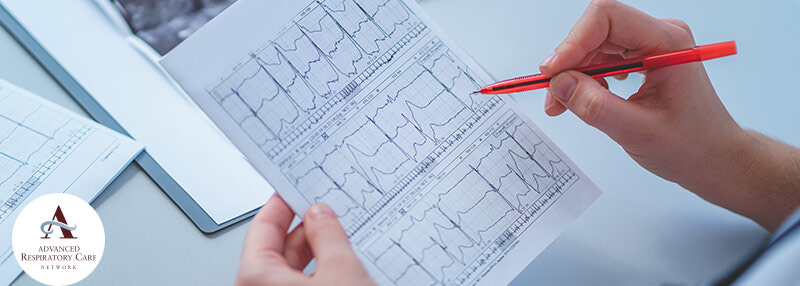Your heart is at the center of your overall health, playing a vital role in how your body functions and thrives. Prioritizing heart health is essential, and there’s no better time than now to take proactive steps. A cardiology consultation offers a valuable opportunity to address any heart-related concerns and develop a comprehensive treatment plan. At our Calgary and Edmonton South locations, ARC Network’s specialist cardiology physicians are here to guide you on this journey towards better heart health.
Before the Appointment
- Gather Medical Records: Bring copies of your recent medical records, test results, and a list of current medications. This information helps your cardiologist understand your health history.
- Know Your Symptoms: Write down any symptoms you’re experiencing, including when they occur and what might trigger or alleviate them.
- Family Health History: Be prepared to discuss your family’s health history, especially any history of heart disease.
- List Your Questions: Prepare a list of questions or concerns you want to discuss with your cardiologist. This ensures you don’t forget anything important during the appointment.
On the Day of the Appointment
- Dress Comfortably: Wear loose, comfortable clothing. You might need to change into a gown for certain tests.
- Arrive Early: Arrive 15-20 minutes early to complete any necessary paperwork and to ensure the office has all your information.
- Bring Support: Consider bringing a friend or family member. They can help take notes and provide support.
Non-Invasive Tests
During a cardiology consultation, your cardiologist might recommend several tests to assess your heart health. Here are some common ones:
- Electrocardiogram (ECG or EKG): Measures the electrical activity of your heart to detect irregularities in heart rhythm and structure.
- Echocardiogram: Uses ultrasound waves to create images of your heart, helping to evaluate heart function and detect abnormalities in the heart muscle and valves.
- Stress Test: Monitors your heart’s activity during physical exertion to identify issues that might not be apparent at rest.
- Holter Monitor: A portable device worn for 24-48 hours to continuously record your heart’s electrical activity.
- Cardiac CT Scan: Provides detailed images of your heart and blood vessels to detect plaque buildup and other abnormalities.
Invasive Tests
During the initial consultation, there will be a risk assessment done to evaluate if invasive tests need to be pursued. If so, your doctor will provide you with your special instructions and precautions that need to be carried out before or during the tests. These tests usually are completed in a second separate appointment.
- Cardiac Catheterization: Involves inserting a catheter into a blood vessel to reach the heart, allowing for detailed examination and treatment of heart conditions.
- Coronary Angiography: Uses a special dye and X-rays to visualize the coronary arteries and identify blockages.
Blood Tests
- Lipid Profile: Measures cholesterol levels to assess the risk of heart disease.
- Blood Glucose Test: Checks for diabetes, which is a risk factor for heart disease.
When it comes to health and wellness, our hearts should be at the top list. Heart disease is still the leading cause of death among men and women in Canada and the U.S.
If you are experiencing any symptoms or health issues, a cardiology consultation is the perfect place to start. Visit our cardiology consultation page for more details.

